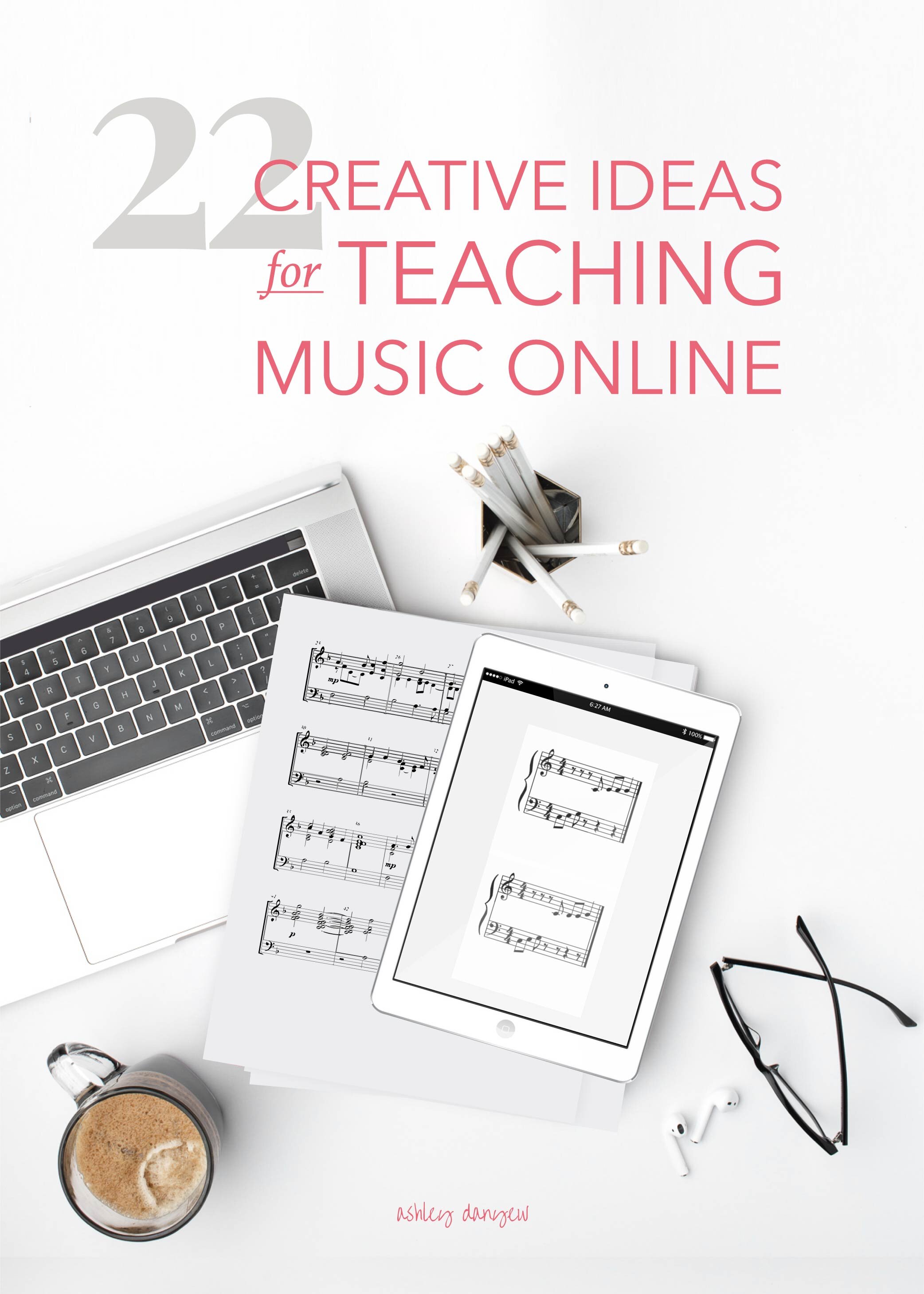A career in church music and ministry requires a variety of skills:
Performance skills: playing for worship and accompanying choirs, instrumentalists, and congregational singing. It sometimes includes harmonizing melodies, improvising, transposing, and even composing some of your own service music from time to time.
Leadership skills: choosing music that ties in with the rest of the service, perhaps selecting hymns each week, and leading the congregation in song.
Educational skills: introducing a variety of musical styles into worship, teaching new hymns or songs to the congregation, and if you’re directing an ensemble, teaching music-reading, rhythm, technique, musical expression, and aural skills.

















